Saving Energy With An Upgraded AC System
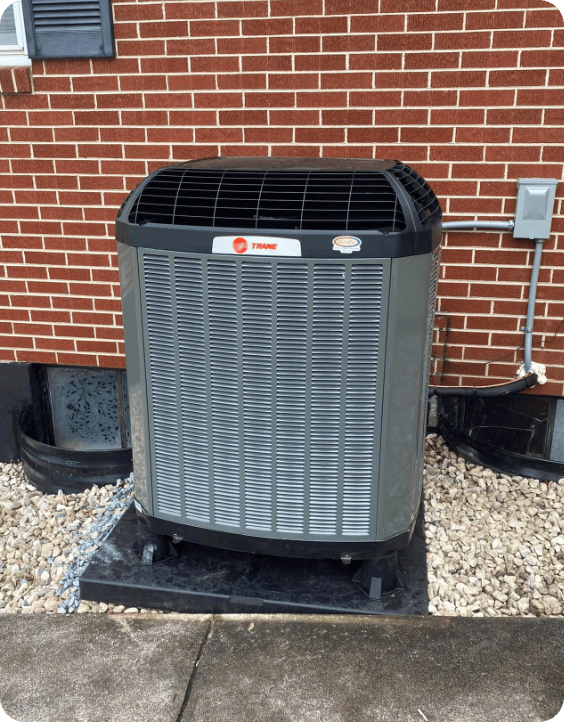 Air conditioning systems are one of the most impactful components of your home energy consumption. They run all summer long, and play a huge role in the cost of your energy bills. Air conditioning systems last for years, and often can become run down, and less energy efficient. Upgrading to a more energy-efficient AC system can save you money, reduce energy consumption, and increase your comfort.
Air conditioning systems are one of the most impactful components of your home energy consumption. They run all summer long, and play a huge role in the cost of your energy bills. Air conditioning systems last for years, and often can become run down, and less energy efficient. Upgrading to a more energy-efficient AC system can save you money, reduce energy consumption, and increase your comfort.
I have been working with air conditioning systems for over a decade, and know how much an upgraded AC with proper energy efficiency can help out a home. Not only will a new air conditioner help to improve the comfort in a home, but it will also promote energy savings. So many people think they are saving money by continuing to use an old AC system, but the truth is, they could be costing themselves more in the long run.
This article explores the signs that indicate a need for a new AC system, the benefits of installing a new one, and the positive environmental impact of choosing energy-efficient HVAC equipment.
Signs You Need A New AC System
Knowing the signs of when it’s time to replace your old air conditioning unit can save you a lot of money and hassle in the long run. Here are a few of the most common signs:
Your Energy Bills Are Too High
If you notice a consistent increase in your energy bills during the months when your AC is in use, it could indicate that your system is losing efficiency. Obviously, when your system is running more often, your bills will increase, but there are instances when it is increasing too much. Older AC units often work harder to produce the same level of cooling as they did in the past, because they are losing energy efficiency. This is a sign your AC may need to be replaced.
Your Home Isn’t Cool Enough
If your home isn’t staying cool it’s a clear sign that your AC system may be failing. You may have rooms or spots in the house that don’t get cool enough. Now this doesn’t definitely mean your AC is failing. You could have duct issues, or airflow problems that could be fixed. There could also be issues with the AC.
We recommend having a professional take a look at your system to determine if you need service, or a replacement air conditioner.
Your System Breaks Down Often
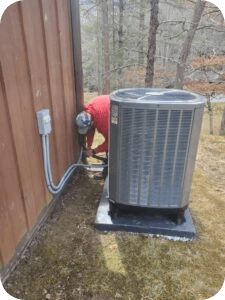 Frequent repairs are a red flag in any appliance, especially air conditioners. If you find yourself calling for repairs more than once a year, it’s time to consider whether replacing your system might be more economical than continuing to repair an old one. Just like sinking money into a car that keeps breaking down, it may be a better idea to replace the old system, because it may save money in the long run.
Frequent repairs are a red flag in any appliance, especially air conditioners. If you find yourself calling for repairs more than once a year, it’s time to consider whether replacing your system might be more economical than continuing to repair an old one. Just like sinking money into a car that keeps breaking down, it may be a better idea to replace the old system, because it may save money in the long run.
Installing A New AC System Saves Energy
Newer AC systems tend to be more energy efficient than older models, which translates to lower energy bills and reduced environmental impact. As of 2023, air conditioners are required to have a Seasonal Energy Efficiency Ratio (SEER) rating of at least 14 in the northern states, and 15 in the southern states. Many new models reach a SEER of 20 or more. The higher the SEER ratings, the better energy efficiency and more savings you should expect from your AC.
High Efficiency Air Conditioners Qualify For Rebates
To encourage energy conservation, many utility companies and government programs offer rebates and incentives for homeowners who install high-efficiency air conditioners. These programs can significantly offset the initial cost of a new AC system. Checking with local energy providers or looking for ENERGY STAR certified products is a good way to find out what rebates might be available.
In the Virginia area, there are rebates available through Appalachian Power. We can help you sort out what rebates your new system qualifies for, and make sure you get the best equipment with the best deal possible.
Helping The Environment With Energy Efficient HVAC Equipment
By upgrading to an energy-efficient HVAC system, you are contributing to a larger global effort to reduce energy consumption and minimize environmental impact. The Inflation Reduction Act was created in part to encourage businesses and individuals to make efforts towards energy conservation.
Efficient systems use less energy, which decreases the amount of fossil fuels burned in power plants, reducing pollution and greenhouse gas emissions. Another big contributor is that many modern air conditioners use refrigerants that are less harmful to the environment. Older AC systems use R-22, which has since stopped production in the United States.
Upgrading Your AC In Bristol, VA
If you are looking to upgrade your AC system in Bristol, VA, look no further! Complete Comfort is the expert when it comes to air conditioner replacement, upgrades, repair and service. We will assess your home comfort situation, and recommend a cooling solution that best fits your home. Give us a call at (276) 690-9222!


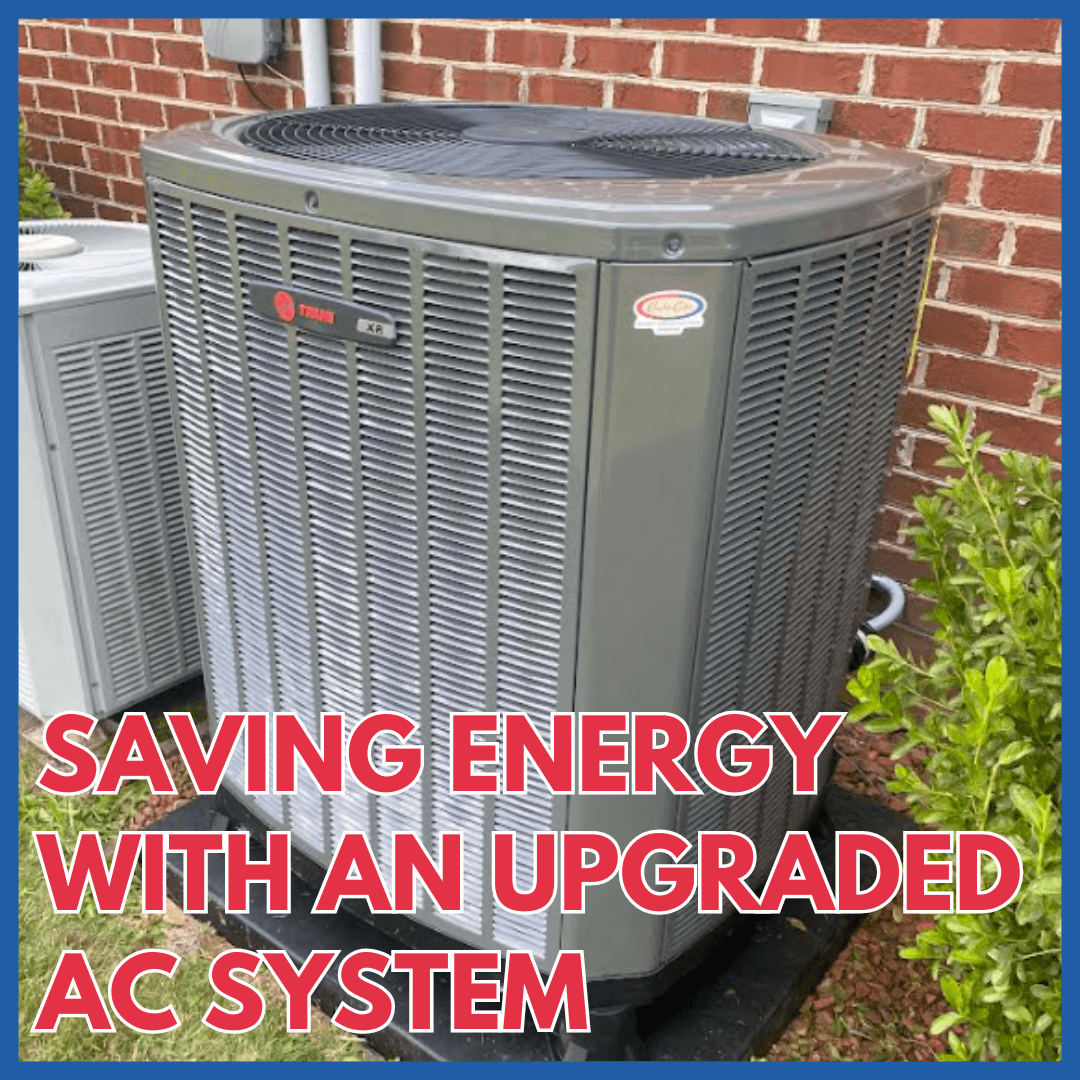
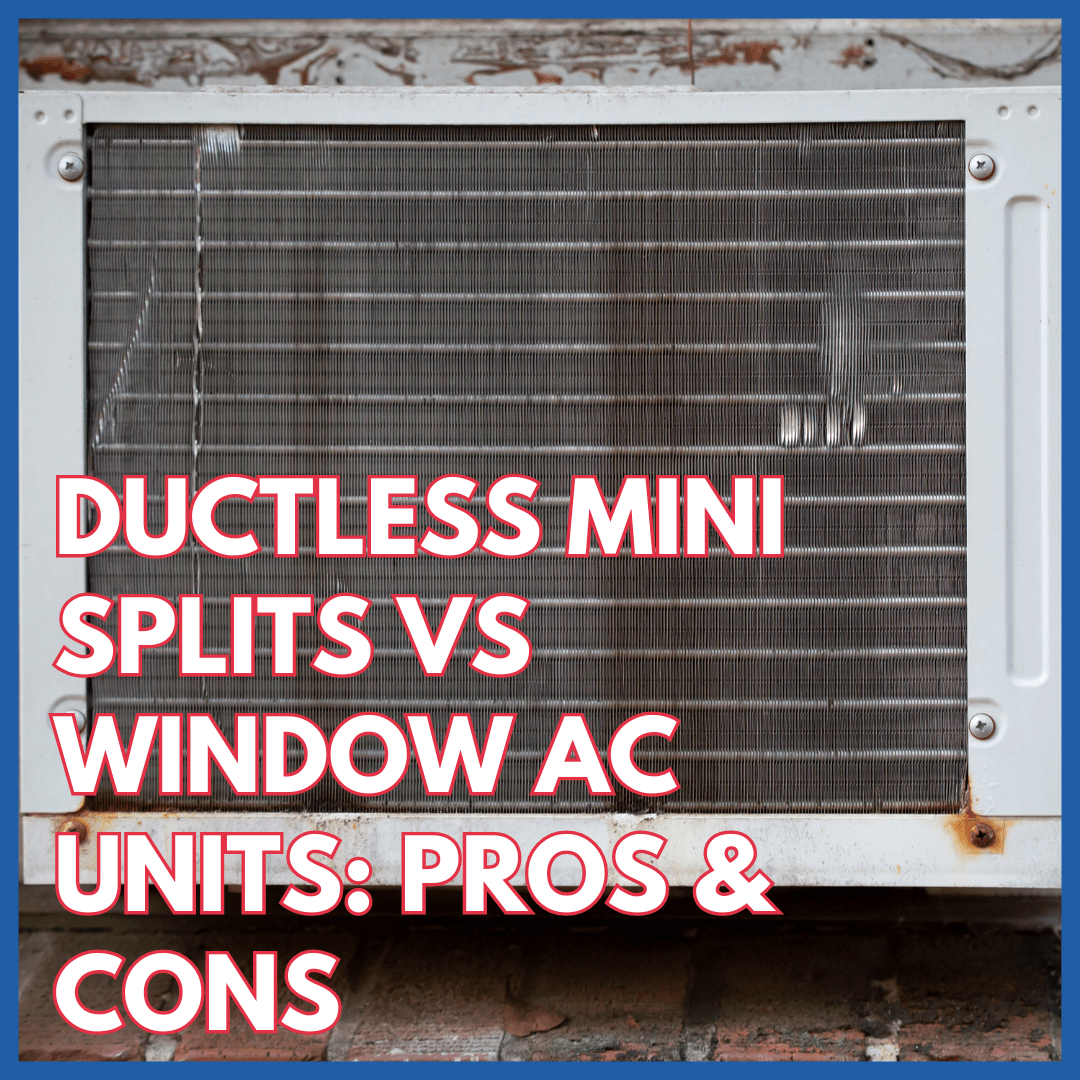
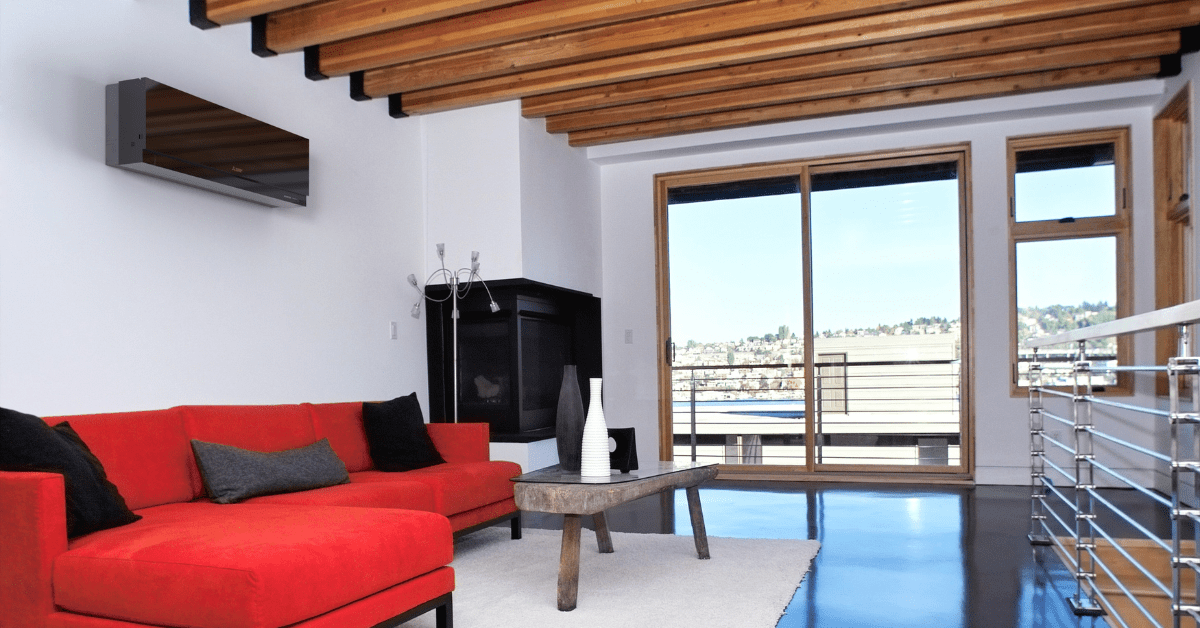 There are several different options to choose from when cooling your home. In lots of cases, people go with a central air conditioning system. In this article we will be talking about window AC units vs ductless mini splits. Both options can cool your space off, but there are pros and cons for each system.
There are several different options to choose from when cooling your home. In lots of cases, people go with a central air conditioning system. In this article we will be talking about window AC units vs ductless mini splits. Both options can cool your space off, but there are pros and cons for each system.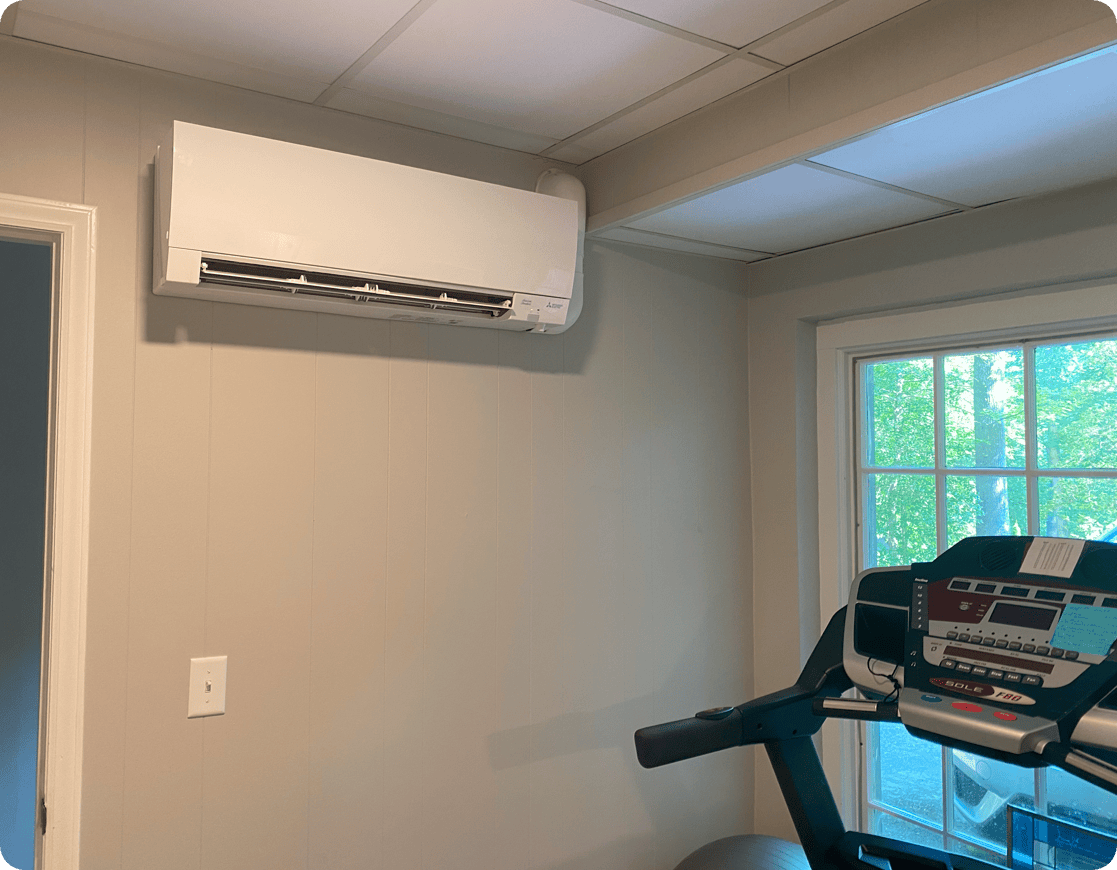 Ductless mini splits have the ability to cool the home off, but unlike window AC units, they can also be used to provide heating. In the summer ductless AC is wonderful, but it’s so nice to be able to use these same units to heat in the winter. Ductless mini splits are heat pumps, and just like heat pumps can keep you comfortable all year round, ductless mini splits do the same. Instead of using different HVAC solutions for heating and cooling, a ductless mini split is versatile enough to do both!
Ductless mini splits have the ability to cool the home off, but unlike window AC units, they can also be used to provide heating. In the summer ductless AC is wonderful, but it’s so nice to be able to use these same units to heat in the winter. Ductless mini splits are heat pumps, and just like heat pumps can keep you comfortable all year round, ductless mini splits do the same. Instead of using different HVAC solutions for heating and cooling, a ductless mini split is versatile enough to do both!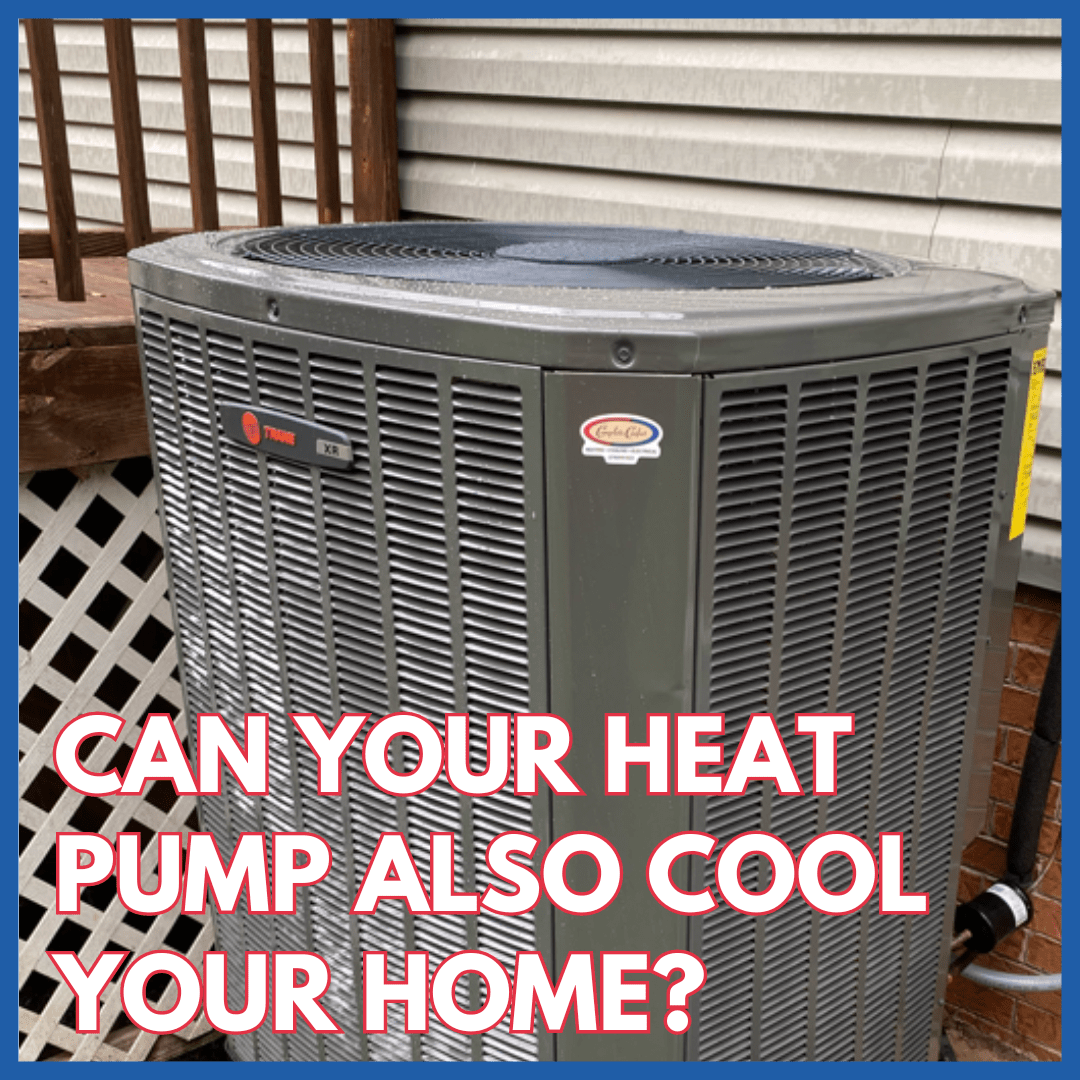
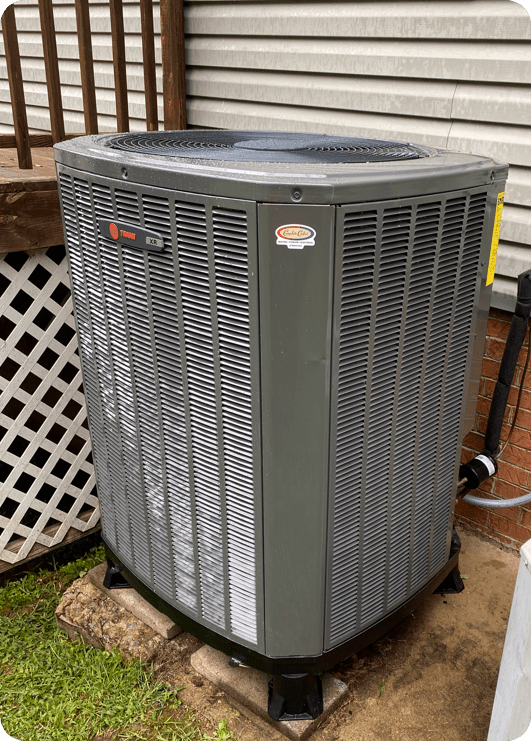 One of the most energy efficient and best ways to keep your home or business comfortable is with a heat pump. Not only do they heat your home in the winter, but they also have the ability to cool your home in the summer. In Bristol, VA and the surrounding areas, heat pumps are one of the most popular ways to keep a home or business comfortable all year long.
One of the most energy efficient and best ways to keep your home or business comfortable is with a heat pump. Not only do they heat your home in the winter, but they also have the ability to cool your home in the summer. In Bristol, VA and the surrounding areas, heat pumps are one of the most popular ways to keep a home or business comfortable all year long.